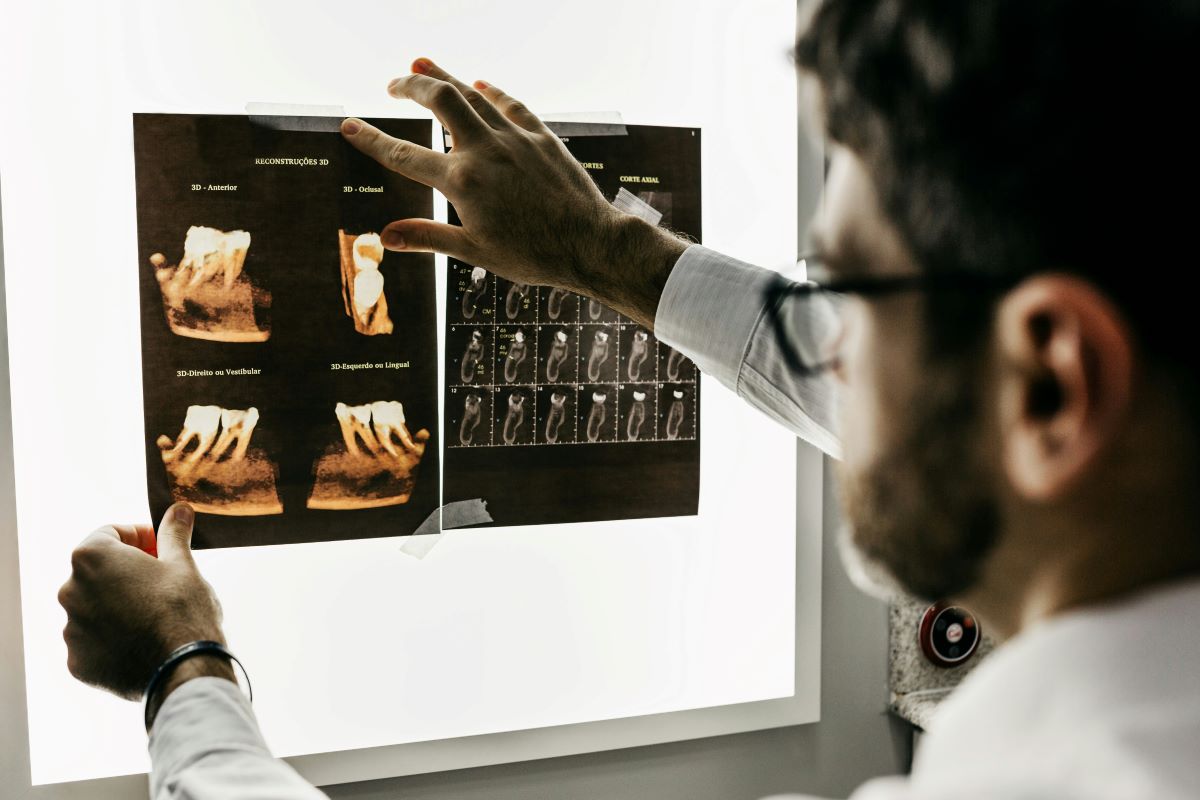Roles and Responsibilities of a Dental Assistant
Dental assistants play a vital role in supporting dentists and ensuring smooth operations within a dental office. Their responsibilities encompass a diverse range of tasks, including patient care, administrative duties, and assisting during dental procedures. Some of the primary responsibilities of a dental assistant include:
- Patient Care: Dental assistants often serve as the first point of contact for patients, welcoming them into the practice and preparing them for their appointments. They may take patients' vital signs, review their medical history, and address any concerns or questions they may have.
- Assisting During Procedures: One of the core duties of a dental assistant is to assist the dentist during various dental procedures. This may involve handing instruments to the dentist, suctioning excess saliva or debris from the patient's mouth, and ensuring the patient's comfort throughout the procedure.
- Sterilizing Equipment: Maintaining a sterile environment is crucial in dentistry to prevent the spread of infections. Dental assistants are responsible for sterilizing and disinfecting instruments and equipment, as well as preparing treatment rooms for each patient.
- Administrative Tasks: In addition to clinical duties, dental assistants may also perform various administrative tasks, such as scheduling appointments, processing billing and insurance claims, and managing patient records.
Roles and Responsibilities of a Dentist
Dentists are highly trained healthcare professionals who specialize in diagnosing, treating, and preventing oral diseases and conditions. Their role encompasses a wide range of responsibilities, ranging from routine dental exams to complex surgical procedures. Here are some key responsibilities of a dentist:
- Diagnosing Oral Health Issues: Dentists are trained to identify and diagnose a variety of oral health problems, including cavities, gum disease, oral cancer, and malocclusions. They use their expertise and diagnostic tools such as X-rays and dental imaging to assess patients' oral health status.
- Treatment Planning and Implementation: Once a diagnosis is made, dentists develop comprehensive treatment plans tailored to each patient's unique needs. These treatment plans may include procedures such as fillings, root canals, extractions, and cosmetic dental treatments like teeth whitening or veneers.
- Performing Dental Procedures: Dentists are skilled in performing a wide range of dental procedures, from routine cleanings and fillings to more complex surgeries such as wisdom teeth extraction or dental implant placement. They must possess precision, dexterity, and clinical judgment to deliver effective and safe care to their patients.
- Patient Education and Counseling: In addition to providing treatment, dentists also play a crucial role in educating patients about proper oral hygiene practices and preventive care measures. They offer guidance on brushing and flossing techniques, diet and nutrition, and the importance of regular dental check-ups.
Differences in Education and Training
The disparity between dental assistants and dentists is also evident in their education and training requirements. Becoming a dental assistant typically requires completing a dental assisting program or certification, which can vary in length from several weeks to one year. These programs cover topics such as dental terminology, chairside assisting techniques, radiography, and infection control.
On the other hand, becoming a dentist involves completing a rigorous educational pathway that typically includes:
- Bachelor's Degree: Most dental schools require applicants to hold a bachelor's degree, preferably in a science-related field. While specific undergraduate majors are not always required, coursework in biology, chemistry, and other relevant subjects is beneficial.
- Dental School: After completing a bachelor's degree, aspiring dentists must attend an accredited dental school to earn a Doctor of Dental Surgery (DDS) or Doctor of Dental Medicine (DMD) degree. Dental school programs typically last four years and include a combination of classroom instruction, laboratory work, and clinical rotations.
- Licensure: Upon graduating from dental school, dentists must obtain a license to practice in their state. Licensure requirements vary by state but typically involve passing written and practical examinations administered by the state dental board.
Conclusion
In conclusion, while both dental assistants and dentists play crucial roles in the field of dentistry, their responsibilities, qualifications, and scope of practice differ significantly. Dental assistants primarily provide support to dentists and assist with various clinical and administrative tasks, while dentists are trained healthcare professionals responsible for diagnosing, treating, and preventing oral diseases and conditions.
Whether you're considering a career in dentistry or simply seeking dental services, understanding these distinctions can help you make informed decisions and navigate the world of oral healthcare more effectively.
Looking to kickstart a career in dental assisting or other critical fields? Check out Best Bootcamps, where you can receive accelerated education through immersive bootcamps. Explore our programs today!

